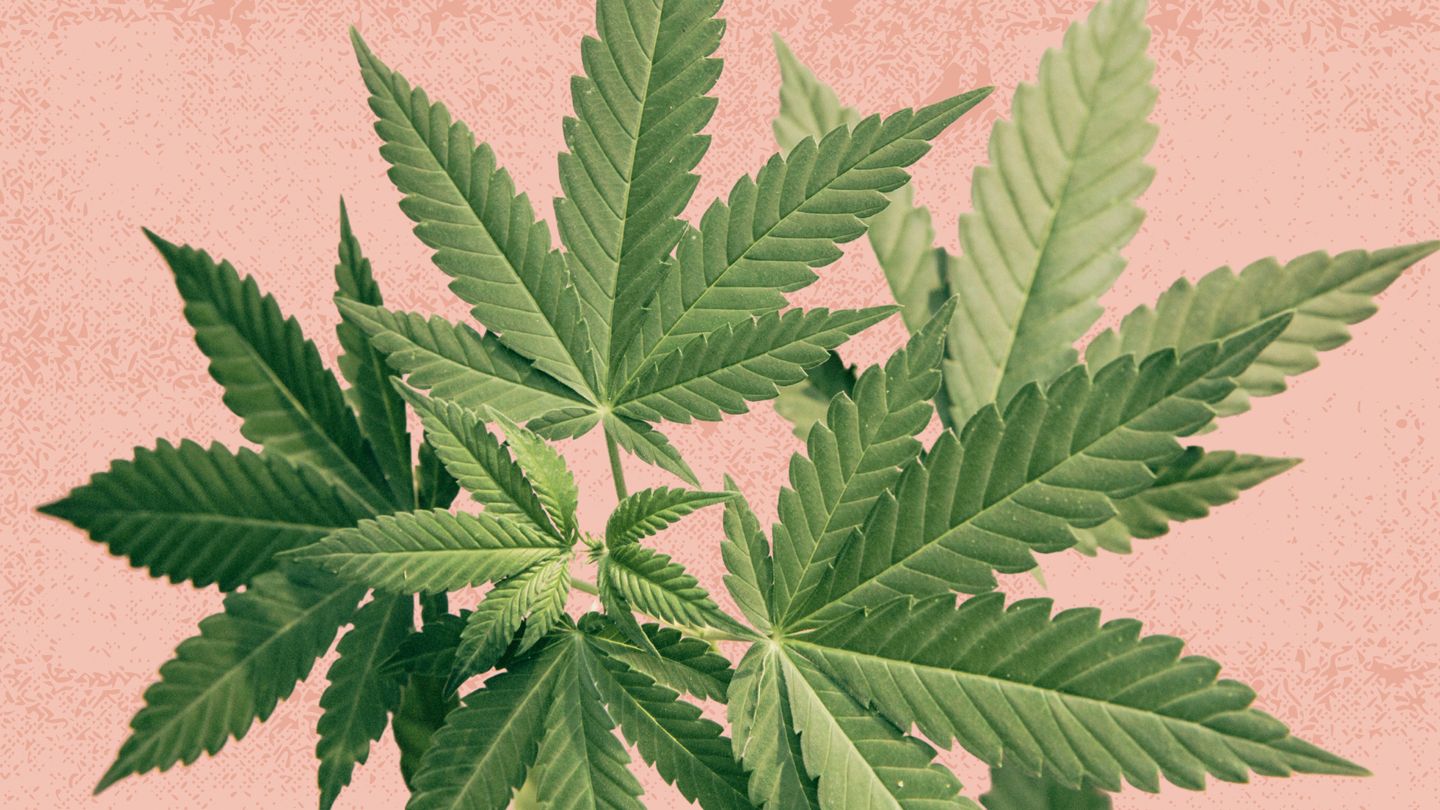Does Ketamine Cause Weight Gain? The Link Between Ketamine and Changes in Weight
Ketamine is a powerful dissociative anesthetic that has gained popularity in recent years for its off-label use in treating depression. With rising ketamine use, questions have emerged around its potential side effects - especially on body weight.
Ketamine is known to stimulate appetite during acute intoxication. But does it lead to lasting weight gain with repeated infusions for depression? Or could it possibly cause weight loss instead?
Below well explore the evidence around ketamine and changes in body weight, potential mechanisms, and considerations for ketamine therapy patients.
Ketamine's Appetite Stimulating Effects
In the short-term, ketamine is well known to stimulate appetite and increase eating behavior. This effect is most pronounced during acute intoxication from recreational or higher dose ketamine use.
Ketamine acts as an NMDA receptor antagonist. NMDA receptors help regulate appetite and play a key role in the reward value of food in the brains motivation and pleasure centers.
Blocking NMDA receptors appears to alter appetite signals and food reward processing, leading to increased desire for calorie-dense comfort foods during ketamine intoxication. The munchies induced resemble whats seen with cannabis use.
Ketamines Mixed Effects on Weight Gain
While ketamine clearly boosts appetite acutely, research on its long-term impact on weight is mixed:
- Some studies show no significant lasting effect - These suggest ketamine does not alter metabolism or body weight chronically.
- Some show minor weight gain - For example, one study found less than a 3 lb average gain over a year of repeated infusions.
- Others indicate more substantial increases - A report on 100 patients found 11% gained over 10 lbs, including 4% gaining over 30 lbs.
The wide variation may come down to differences in dosage, frequency of administration, and duration of use across studies. Individual biochemistry likely also plays a role.
Possible Reasons for Ketamine-Induced Weight Gain
While evidence is inconsistent overall, there are some plausible reasons repeated ketamine use could potentially promote modest weight gain in certain users long-term:
- Persisting increased appetite and food cravings
- Changes to metabolism including slowed resting burn rate
- Alterations to gut microbiome diversity and balance
- Fluid retention caused by kidney effects
- Liver enzyme changes impacting fat storage and use
- Interactions with hormones like leptin and grehlin that regulate appetite and weight
Ketamines psychological benefits in depression could also play a role. As depressive symptoms improve, some patients may regain appetite and interest in food leading to slight weight increases.
The Potential for Weight Loss
On the other hand, emerging research suggests repeated ketamine infusions may decrease body weight in some individuals, especially at higher doses like those used for anesthesia induction.
Possible reasons ketamine could potentially lead to weight loss include:
- Nausea reducing appetite in some people
- Stimulation of metabolism through increased norepinephrine
- Changes in gut bacteria composition and effects
- Interactions with weight regulating hormones like leptin
- Binding to opioid receptors influencing food reward and intake
In depressed patients, ketamine reducing apathy and fatigue could also play a role by increasing activity levels and potentially revving up metabolism.
Limitations of Existing Research
There are some important limitations of current research on ketamine and body weight changes to consider:
- Most studies have been small and short-term (less than a year long).
- Many lack complete dietary intake and physical activity data.
- Confounding lifestyle, genetic, and health factors often aren't addressed.
- Doses and administration methods vary significantly.
- Findings related to recreational use don't necessarily apply to clinical settings.
Larger, more rigorous long-term studies controlling for Variables like diet, exercise, and dose response are needed to truly determine if ketamine therapy leads to lasting weight changes - and if so, how much.
Dosage and Administration Considerations
Some research suggests dosage and administration method may impact ketamine's effects on weight.
In one study, higher intravenous doses similar to anesthetic levels were linked to modest weight loss. Lower sub-anesthetic doses used in depression therapy caused slight weight gain.
Intranasal ketamine administration also appears more likely to increase appetite and weight compared to IV methods. This may be because the metabolite norketamine, which stimulates eating, remains elevated longer with intranasal use.
Frequent or high dose usage as in anesthesia and chronic pain appears to elevate weight gain risks compared to the infrequent doses used in psychiatry.
Key Variables Between Individuals
Variable patient responses are a theme in the ketamine and weight studies to date. Some experience substantial weight gain on ketamine therapy, while others lose weight or stay the same.
Key factors that may influence individual responses include:
- Pre-existing weight and health status - Overweight and obese patients may see greater increases.
- Genetic variations - Gene differences could impact ketamine metabolism and appetite regulation.
- Medication interactions - Effects may be altered by other drugs like opioids or benzodiazepines.
- Diet and lifestyle habits - Overall nutrition and activity levels play a major role.
- Gastrointestinal factors - Gut microbiomes and conditions like NAFLD could affect outcomes.
Mental health likely also influences weight responses. Some show greater appetite stimulation as mood improves, while others experience ongoing poor appetite despite antidepressant effects.
Managing Weight on Ketamine Therapy
While many complete ketamine treatments without significant weight effects, some do experience undesirable gains - or rarely, losses. This can negatively impact self-esteem, health, and treatment adherence.
If undesired weight changes occur with ketamine, a multifaceted strategy can help get things back on track:
- Tracking data - Monitor weight, diet, activity, mood, and vital signs looking for patterns.
- Diet adjustments - Modify intake of calories, portions, and nutrients without deprivation.
- Exercise - Increase activity ideally with both cardio and strength training.
- Hydration - Drink adequate water and avoid empty calorie beverages.
- Self care - Get enough sleep, manage stress, and practice mindfulness.
- Medical oversight - Consult your doctor and discuss medication adjustments if needed.
Having ongoing provider guidance, registered dietitian support, cognitive strategies, and peer encouragement can be extremely helpful for staying on track with healthy changes during ketamine treatment.
FAQs
Does ketamine increase metabolism?
Ketamine may slightly increase metabolic rate and fat burning acutely, but research is mixed on long-term metabolic effects with repeated dosing.
Can ketamine change your gut microbiome?
Ketamine may alter gut microbiome populations long-term through effects on gastric motility, inflammation, permeability and more. Changes to gut flora could impact weight regulation.
Does ketamine reduce inflammation?
In high doses, ketamine exhibits anti-inflammatory properties. This could potentially contribute to weight loss in some circumstances.
Can you gain weight from ketamine therapy?
For most, significant weight gain is unlikely. But some may experience modest increases of a few pounds due to changes in appetite, metabolism, microbiome, fluid balance and other factors.
The Bottom Line
In summary, while ketamine may transiently stimulate appetite during acute intoxication, the evidence that longer-term repeated use for depression causes lasting weight gain is mixed and limited. For some, moderate increases are possible, while others may lose weight or see no change. Dosage, route, frequency, diet, physical activity and many other variables likely impact individual responses. Monitoring weight and heath status is prudent for ketamine therapy patients.
FAQs
Can ketamine make you gain weight by slowing metabolism?
Some research suggests ketamine may modestly slow resting metabolic rate, but findings are mixed. Larger studies on ketamine's metabolic effects are still needed.
Is weight gain on ketamine permanent?
Ketamine-associated weight gain is usually reversible with diet, exercise, and adjusting treatment if needed. But consistently maintaining healthy lifestyle habits is key.
How can I prevent weight gain on ketamine?
Eat a balanced, nutrient-rich diet, exercise regularly, stay hydrated, limit processed foods and added sugars, manage stress, and get enough sleep to help maintain weight.
Should I stop ketamine if I gain weight?
Talk to your doctor, but discontinuing an otherwise effective antidepressant treatment based on modest weight gain alone is generally not recommended.
Disclaimer: This article is for informational purposes only and does not constitute medical advice. Always consult with a healthcare professional before starting any new treatment regimen.
Related Coverage
Ketamine acutely increases appetite but evidence on lasting weight gain with long-term treatment is mixed. Dose, genetics, diet, activity levels, and health influence responses....
As winter approaches, many people experience symptoms of seasonal affective disorder (SAD) like sadness, fatigue and isolation. Learn effective treatment options....
Get the facts on the bullying suicide link, key warning signs, and quick steps to intervene and protect vulnerable teens today....
How casual sex affects depression varies by person. Learn what research says and how emotions play a role in your mental health....
Having trouble getting out of bed each morning? Learn the reasons why rising can be so difficult such as lack of sleep or depression and get practical tips to make it easier....
Research shows cannabis and cannabinoids like THC and CBD can alter serotonin production, release, and receptor activity in regions throughout the brain....
Walk-in clinics cannot appropriately evaluate or prescribe medications for anxiety disorders. Learn why it's essential to instead see specialists for accurate diagnoses and safe treatment....
Living alone raises depression risk for some. Learn signs your mental health is suffering and get 5 tips to combat isolation when living solo, like joining groups....
Depression affects many Ohio residents, but symptoms like hopelessness, lack of energy, and suicidal thoughts should not be ignored. With treatment, depression can be overcome....
Depression can significantly disrupt normal appetite cues and satiety after eating. Learn about managing these common symptoms through lifestyle changes and professional support....









